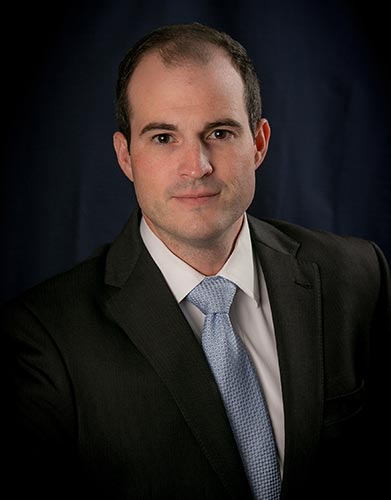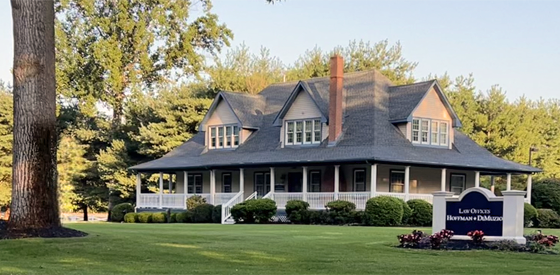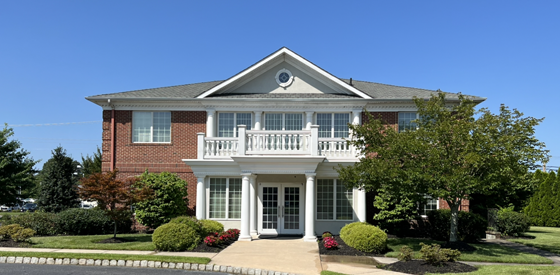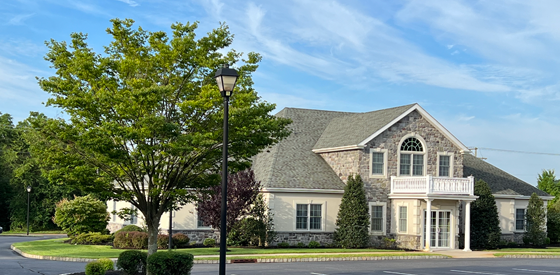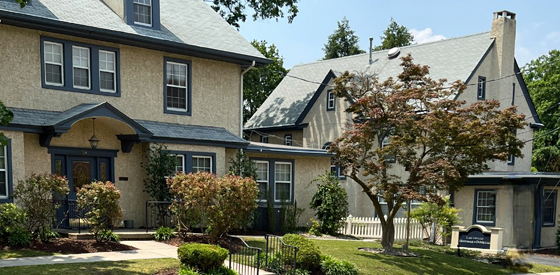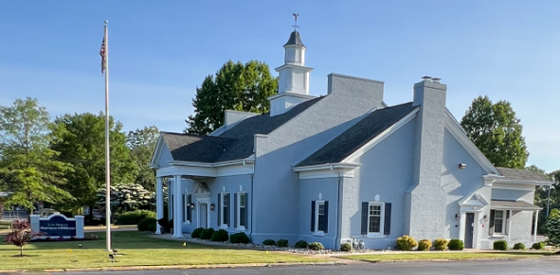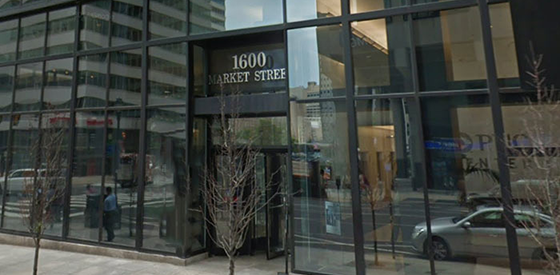- Joseph J. Hoffman, Jr.
- Kenneth A. DiMuzio, Sr.
- Ernest L. Alvino, Jr.
- Anooshay Asim
- Jeremiah J. Atkins
- Peter J. Bonfiglio III
- Vincent Campo
- James M. Carter
- Donald Caruthers, III
- John P. Ciocco
- Kenneth A. DiMuzio, Jr.
- Christine DiMuzio Sorochen
- Michael W. Glaze
- Leonard L. Grasso, Jr.
- Robert P. Grossman
- Joseph J. Hoffman, III
- Richard S. Hoffman, Jr.
- Ryan S. Hoffman
- Cristie R. Nastasi
- J. R. Powell
- Joseph J. Slachetka
- Charles J. Sprigman, Jr.
- James S. Taylor
- Robert J. Wiltsee
The Occurrence of “Pressure Sores”
in the Nursing Home Environment
“We didn’t even really know what a pressure sore was.”
When the families of nursing home residents are told their loved one developed a Stage IV pressure sore, they usually do not know what a pressure sore is or how dangerous it can be. Residents of nursing homes are frequently restricted to lying in beds or sitting in wheelchairs for long periods of time. This creates a high risk for development of pressure sores.
Pressure sores are very dangerous. They are also commonly referred to as bedsores and decubitus ulcers. Pressure sores develop when sustained pressure restricts blood flow to a particular area of the skin. If the skin tissue is deprived of vital oxygen and nutrients for extended periods of time, the affected skin dies. Pressure sores can become deep and malodorous wounds. In some occasions, pressure sores become so deep that muscle and bone is exposed through the opened skin. Pressure sores are very painful. They are frequently associated with the spread of life-threatening infections. Pressure sores significantly diminish the dignity and quality of life of the nursing home resident, and sometimes directly cause the resident’s death.
Most of us refer to experiences with restricted blood flow as a feeling of, “pins and needles,” or saying our leg, “fell asleep.” However, we are capable of alleviating this feeling by changing the position of our body. Residents of nursing homes cannot always respond to these feelings by shifting their body position because of limitations caused by physical and cognitive impairments. Residents of nursing homes rely on good nursing care to prevent, identify and treat pressure sores. Bad or inattentive nursing care can lead to the development of these dangerous pressure sores.
Good nursing care for pressure sores requires early identification of wounds, ensuring timely institution of a comprehensive plan of care addressing all aspects of wound care, and consistent performance of the treatments ordered by the physician. Good nursing care is especially important when a resident who is incontinent develops a pressure sore in their sacral area. When a resident of a nursing home cannot control their bowel function, and they have an open wound in their lower back, infections such as Escherichia coli (commonly abbreviated E. coli) and Methicillin-resistant Staphylococcus aureus (commonly abbreviated MRSA) often develop. These infections can spread quickly through the open wound. Many nursing home residents who develop pressure sores ultimately die from sepsis, a severe illness characterized by the bloodstream being overwhelmed by bacteria.
Generally, pressure sores can be prevented with proper nursing care. Federal law requires nursing homes to make sure that a resident entering a facility does not develop pressure sores, and that a resident who has pressure sores is provided appropriate treatments to promote healing and prevent infection. A resident’s body position must be consistently changed by the nursing staff when that resident cannot change their own body position. Good nursing practice dictates that “turning and repositioning” of residents who are at a high risk for skin break down occurs at least every two hours. Residents sitting in a wheelchair must be repositioned at least once every hour. Pressure relieving devices, such as specifically styled designed cushions and mattresses can also contribute to healing when introduced in a timely fashion.
A nursing home is required by state and federal law immediately to notify the resident’s family and physician if the resident exhibits signs of skin breakdown. The biggest complaint most families mention when asked about their experiences with nursing homes is the failure of the nursing homes to call the resident’s family and physician in a timely manner whenever there is a change in the resident’s condition. Inexplicably, nursing homes frequently delay notifying a resident’s family and physician when skin breakdown starts to develop. Frequently, the nursing staff will request that visiting family members leave the resident’s room when sheets, clothing, and undergarments are changed. Identifying skin breakdown at an early stage is a critical element of good wound care. As the delay in identifying and beginning treatment on a pressure sores increases, the wound deteriorates at a faster rate, and the wound becomes much more dangerous and difficult to heal. Resident’s primary care physicians frequently criticize nursing homes for failing to notify them about skin breakdown and emergency room physicians frequently criticize nursing homes for failing to transfer residents with infected pressure ulcers to the hospital sooner.
Some residents live in a nursing home to receive long-term care because their family is not capable of safely taking care of them. Other residents live in a nursing home to receive rehabilitation. Rehabilitation is often needed after receiving injuries from falls at home, or to reverse the effects of deconditioning after an extended illness. Although long-term care patients generally do not expect to ever leave the nursing home, the goal for residents receiving rehabilitation is to improve so it is safe for them to move back home to live with their family. In most of these cases, the only reason the resident is living at the nursing home is to receive rehabilitation. However, when the nursing home fails to prevent these residents from developing avoidable pressure ulcers, the resident’s doctor is often forced to postpone rehabilitation until the wounds have healed. At a time when the resident should be engaging in physical therapy and getting back on their feet, the resident is instead forced to endure a period of inactivity until the wound heals. When a resident who needs rehabilitation cannot participate in physical therapy, the chances that the resident will ever return home is greatly reduced. Inactivity for these residents can also lead to a decline in the general health of the resident.
It is unfortunate that good nursing care for pressure sores is not consistently provided in the nursing home setting. The nursing home industry embraces a culture of underpaying nursing staff and understaffing nursing homes. The owners of nursing homes operate in this fashion to maximize their profits. This inevitably leads to overworked and frustrated nurses caring for the residents of their nursing homes. Nurses know which treatments each resident needs. They simply cannot meet all of these needs because of understaffing. The owners of nursing homes maximize profitability at the expense of the quality of the nursing care. Through their actions, these owners are telling us that causing serious, avoidable physical injuries to our most fragile seniors is worth it to them.
If you have a loved one in a nursing home who may be at risk to develop pressure sores, here are some things you can do to protect them:
- Ask the Director of Nursing if the nursing home utilized a Braden Scale to predict if your loved one is considered a high risk to develop pressure sores.
- Ask the Director of Nursing how often the nursing home staff performs skin assessments by examining and documenting the condition of your loved one’s skin.
- Make it a goal to inspect your loved one’s skin and search for wounds or blemishes; paying special attention to the bottom of their heels as well as the area encompassing their buttocks and lower back.
- Ask the nursing staff for permission to see areas of your loved one’s skin covered by bandages or clothing.
- Politely indicate it is your preference, when otherwise appropriate, to remain in your loved one’s room when sheets or dirtied briefs are changed. Stand in a position in which you are able to observe the condition of your loved one’s skin without preventing the nursing staff from performing their job.
- Ask the nursing home if they document when care is provided.
- Immediately contact your loved one’s primary care physician if you suspect your loved one is developing any type of skin breakdown.
- Ask the Director of Nursing if your loved one’s primary care physician instituted a care plan to address their skin breakdown and if the doctor’s orders are being consistently followed.
- Take photographs of anything unusual that you find concerning your loved one or their room, especially evidence of skin breakdown. It is best to use cell phones or digital cameras, and to take many photographs from different angles and distances.
If you wish to discuss other ways to lower the chance your loved one is injured at a nursing home, or discuss your family’s legal rights relative to your experiences with the nursing home, feel free to call Ernest L. Alvino, Jr., at 856-381-4837 at Hoffman DiMuzio. Ernie limits his practice to representing families of nursing home abuse and neglect and will explain to you what the nursing home was required to do.
Submitting this form does not create an attorney-client relationship, but a lawyer from our firm will contact you as soon as possible.







